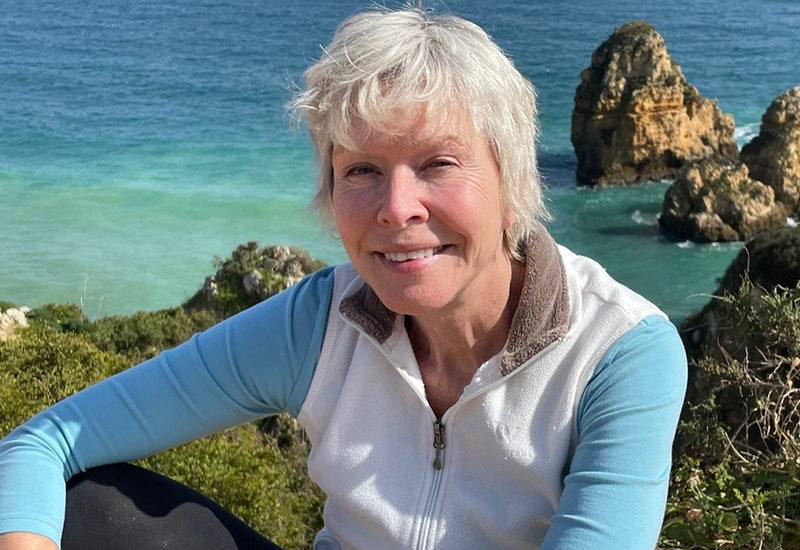The transition into retirement is a major life shift – and often with diverse emotional phases.
Whether you’re retired, moving toward retirement or see it off in the distance, it’s always worthwhile to imagine yourself in this next phase. The clichéd notion of sitting on the front porch in a rocking chair doesn’t quite fit the dynamic possibilities of our modern era. Of course, if that’s your vision, that’s perfectly fine too but, for many, this concept can be a surprising and disorienting turn in life.
Often, there are these transitional stages in retirement:
1. Vacation Phase: Initially, retirement might feel like an extended vacation. Who doesn’t want more free time to relax, travel and enjoy leisure activities?
2. Boredom Phase: After the initial excitement, some may get bored. Without a structured work routine, a sense of aimlessness or a lack of purpose can set in. It can be enticing to settle into a routine of cocktails – and that can fuel the next phase. It’s essential to recognise this and know we can do something about it.
3. Depression Phase: Boredom, coupled with a potential loss of identity tied to one’s career, can sometimes lead to feelings of depression – especially if it’s fueled by alcohol. This phase may spark a sense of not being as productive – or valued – as before.
4. Meaningful Service Phase: This is a rich place to land. To combat depression and find fulfilment, many retirees discover a renewed sense of purpose through meaningful service or volunteer work. Engaging in activities that contribute to the well-being of others can offer a profound sense of satisfaction and purpose.
Suggestions for a Happy Retirement:
Plan Ahead: Before retirement (or if you’re in the midst of it), consider creating a plan that includes activities that are fulfilling to you.
Stay Active: Physical activity is crucial for mental and emotional well-being, so weave regular exercise into your routine.
Explore Hobbies: Use retirement as an opportunity to explore hobbies or interests you’ve always wanted to pursue.
Connect with Others: Social connections are vital. Join clubs, groups or organisations that align with your interests (and are not just drinking parties) to stay connected with like-minded individuals.
Professional Assistance: If feelings of depression persist, seek professional help to boost your mental health and well-being.
Each person’s retirement journey is unique, and it’s okay to experience different emotions along the way. Embracing change, staying engaged, and finding meaningful activities can contribute to this major life phase.
Becca Williams is an emotions therapist and clinician who helps people free themselves from emotional burdens, trauma, and limiting self-beliefs to live more fulfilling lives.













